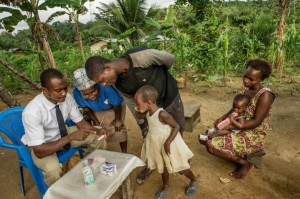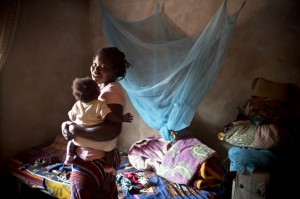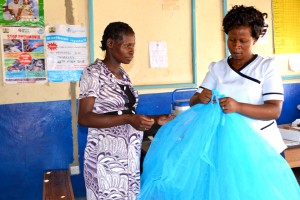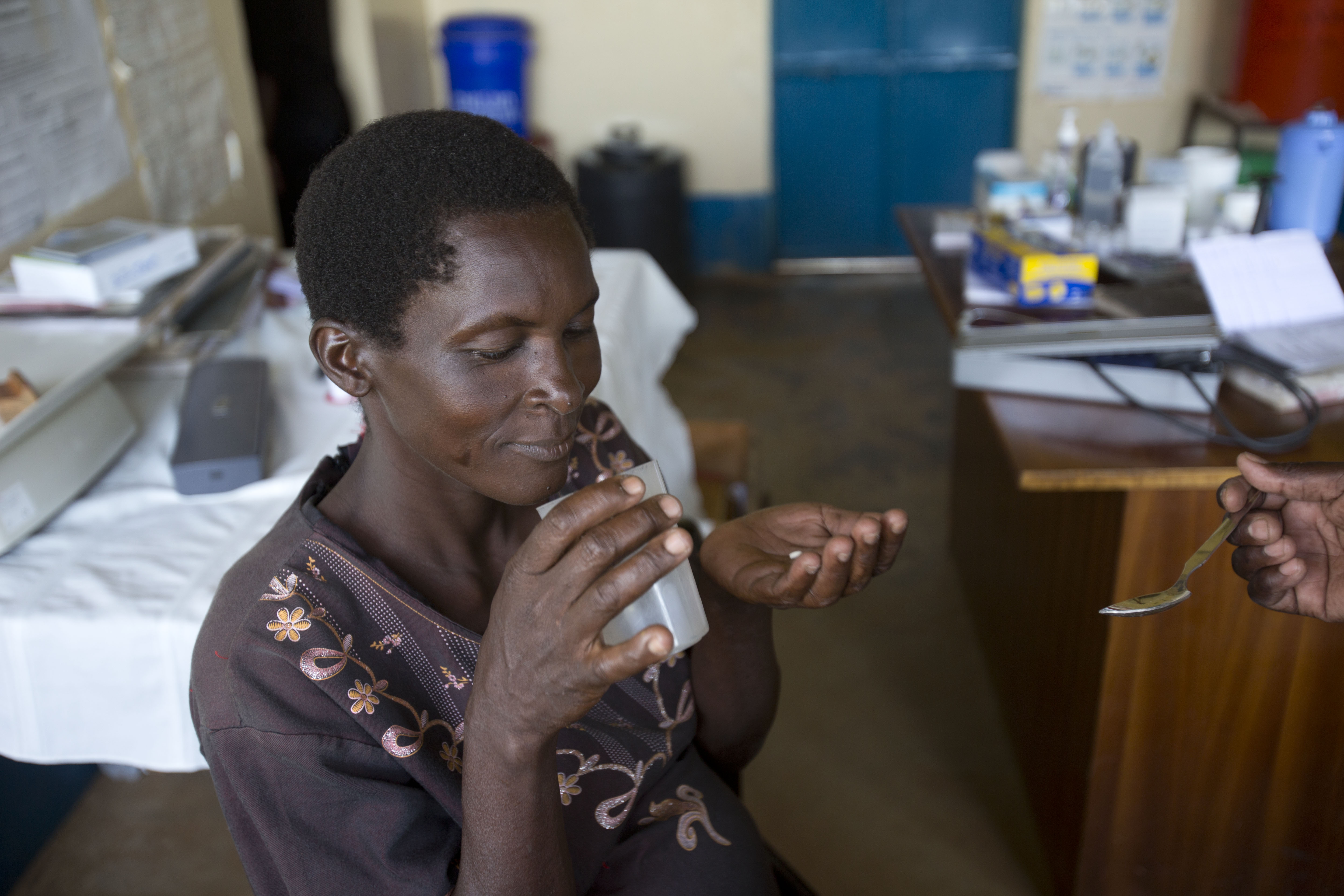(This post originally appeared on the World Malaria Day website.)
In the final push for the achievement of the Millennium Development Goals, 2015 marks a pivotal year for malaria prevention and control. First, the good news:
Between 2000 and 2013, malaria deaths declined globally by 47% in all age groups and by 53% in children under five years of age, equating to an estimated 4.3 million malaria deaths averted[1].
And of these lives saved, 69% were in the 10 countries with the highest malaria burden.[2]

Despite this success, we know that continued investment in effective approaches that help countries to reduce the burden of malaria will be essential in defeating the disease.
For pregnant women and children less than five, integrated approaches that promote comprehensive malaria care and treatment—as well as efforts to strengthen the health system—need to be implemented and taken to scale at country level.
MCSP, in collaboration with the Roll Back Malaria (RBM) partnership and the President’s Malaria Initiative, are working tirelessly to improve coverage of high impact malaria interventions and achieve results at scale. MCSP’s work in 17 countries throughout Africa—and Myanmar in South East Asia—aims to ensure that all people at risk for malaria have access to preventative, diagnostic and treatment services.
Our strategy is woman-centered, recognizing that women are the primary care takers of children under five and are themselves at higher risk during pregnancy.
At the global level, we provide strategic leadership and collaborate closely with RBM Initiative partners and WHO to accelerate progress.
These efforts are focused on malaria in pregnancy (MIP) prevention and control, improving the case management of childhood diseases at both the health facility and community level, and extending our reach through community level grants.

As co-Chair of the RBM MIP working group, I’ve worked closely with global partners to support the dissemination of WHO global policy to countries, promote correct use of folic acid for pregnant women and availability of insecticide treated bed nets during antenatal care (ANC), and finalize and disseminate the global RBM Call to Action for intermittent preventive treatment during pregnancy (IPTp). And in countries like Kenya and Ghana, MCSP provides technical assistance to integrate MIP services as a comprehensive component of ANC, including promotion at community level of early ANC attendance and increased IPTp uptake and insecticide treated bed net use.
MCSP continues to support expanding integrated community case management programs (iCCM) in new countries, including Namibia. We are also funding and coordinating assistance to help countries—including Ghana, Uganda, Kenya, Zambia and Mali—develop and submit their concept notes to the Global Fund to leverage resources for iCCM expansion.
Because having competent health professionals is critical to ensuring appropriate case management at all levels, MCSP helps to update training materials on integrated management of childhood illness in countries.

The Program also provides technical assistance for operations research and evaluation support to 12 active Child Survival and Health Grants Program projects with malaria-specific interventions.[1] In Benin, for example, with support from MCSP, Catholic Relief Services is reducing morbidity and mortality in children under five due to malaria by implementing use of rapid diagnostic tests at the community level. Medical Care Development International is also working in the country to test how to increase the operational lifespan of long-lasting insecticide-treated nets by teaching community groups how to properly use, care for, and repair them.
We’re working every day, around the globe, to ensure that our investments in malaria focus on building on our successes and learning from our challenges to propel our programs to the next level.
This includes continuous focus on the most vulnerable—pregnant women and young children—while helping to strengthen health systems comprehensively to ensure increased coverage and lasting results. We must not wane in our efforts. MCSP stands committed as a RBM partner to investing in effective approaches that will help defeat malaria.
[1] The 10 countries in which these projects work are: Benin, Niger, Sierra Leone, Zambia, Sudan, Malawi, Liberia, Ghana, Kenya and East Timor.
[1] WHO, World Malaria Report 2014
[2] WHO World Malaria Report 2013 (still to be updated)

